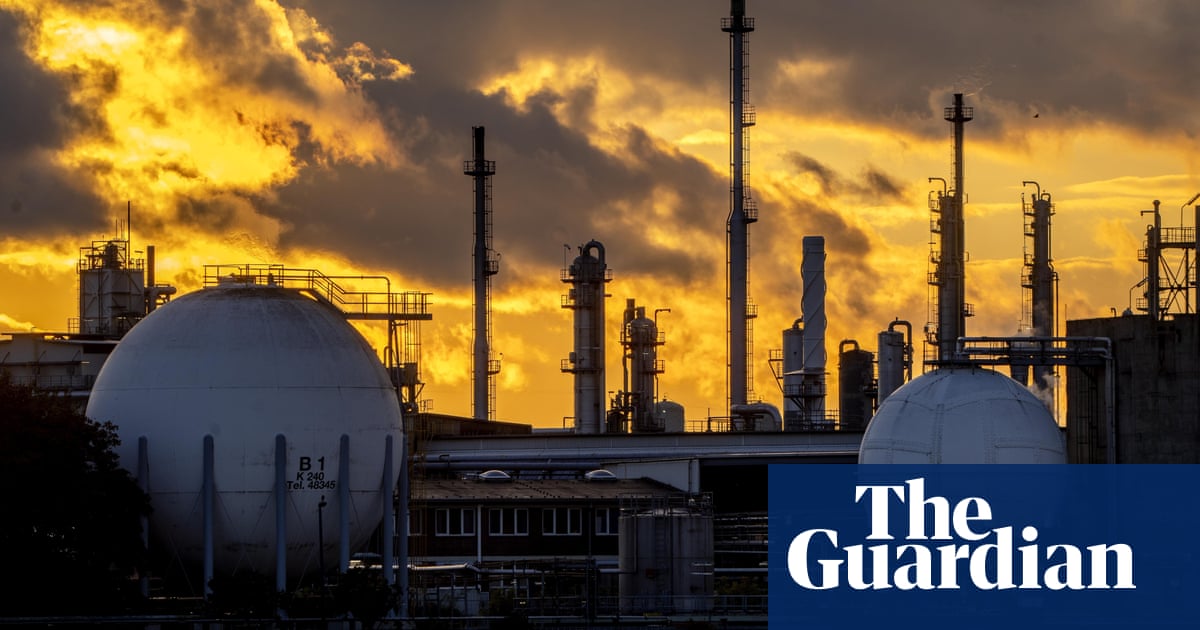
A coal-fired power plant that had been mothballed has become the first of its kind to be put back on to the network in Germany, as debate rages over how Europe’s largest economy will cope without Russian gas.
The facility in Lower Saxony, which is owned by the Czech energy company EGH, has received emergency permission to run until April in an attempt to boost energy production.
The move has been described by Germany’s economy minister, Robert Habeck, a leading Green, as a necessary evil, as he acknowledged it was a considerable setback to the country’s attempts to tackle the climate crisis.
Meanwhile, Germany’s Greens ruled out lengthening the life of nuclear power plants due to be mothballed by the end of the year.
Ricarda Lang, the head of the Greens, who are in a coalition government with the Social Democrats and the pro-business FDP, said such a move would not happen as long as her party was in government.
She rejected calls from the FDP finance minister, Christian Lindner, to keep open until about 2024 if necessary three nuclear power plants due to stop operation by the end of this year.
Germany is heavily reliant on Russian gas, and supplies through its largest pipeline, Nord Stream 1 via the Baltic Sea, are currently at about 20% of expected levels, in what has been widely interpreted as a retaliatory move by Moscow over sanctions imposed as a result of its invasion of Ukraine.
Politicians have warned of crisis conditions this winter and next as Germany tries to tackle the energy shortfall. Restrictions have been put on the heating of public buildings including swimming pools and town halls, and businesses have been asked to allow employers to work at home as far as possible to avoid the heating of big office blocks. Industry and the public are being urged to curb energy consumption.
Resuming the use of nuclear power plants, which the government of Angela Merkel said in 2011 Germany would turn its back on as a result of the Fukushima nuclear accident, is seen as a very difficult option. It would involve committing to years of investment, and there is a shortfall in the necessary equipment, knowhow and human resources.
Lang, in a wide-ranging interview with Die Zeit, said there was no future for nuclear power in Germany. “What Christian Lindner is proposing is nothing more than once again starting up the nuclear power industry,” she said. “And that will not happen, on our watch at least.”
Advertisement
She complained about a “lack of seriousness” in the debate, which has been raging for weeks. “Atomic power is a highly risky technology,” Lang said, acknowledging at the same time that many Germans were concerned after the reduction in gas from Russia.
“But we need answers that actually suit the problem,” she said. “We have a warmth problem, not an electricity problem.” She said atomic power could replace to only a small degree the failing gas supplies. The three nuclear plants that remain running supply the equivalent of about 6% of Germany’s electricity needs, and some of the energy is exported to France.
Last year 12.6% of Germany’s electricity – 65.2bn kW hours – was produced by gas power stations.












